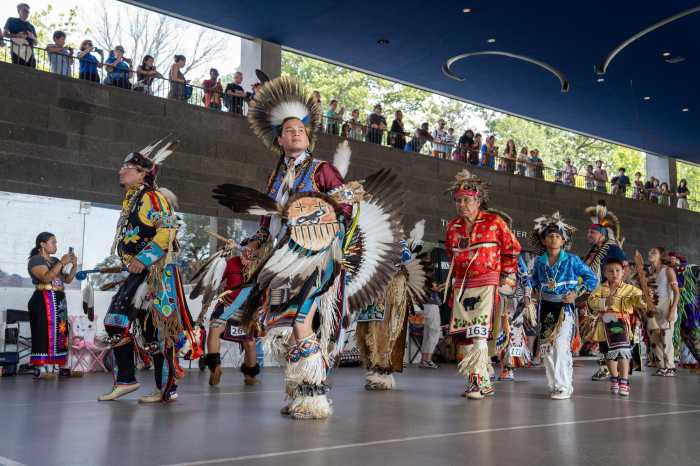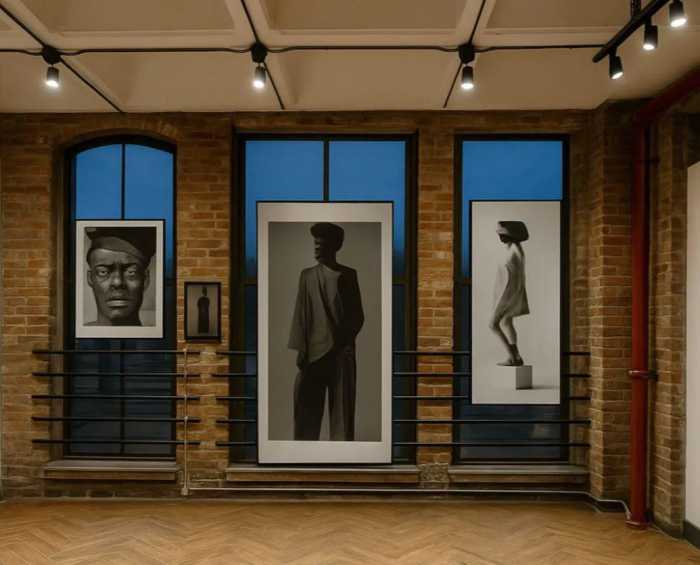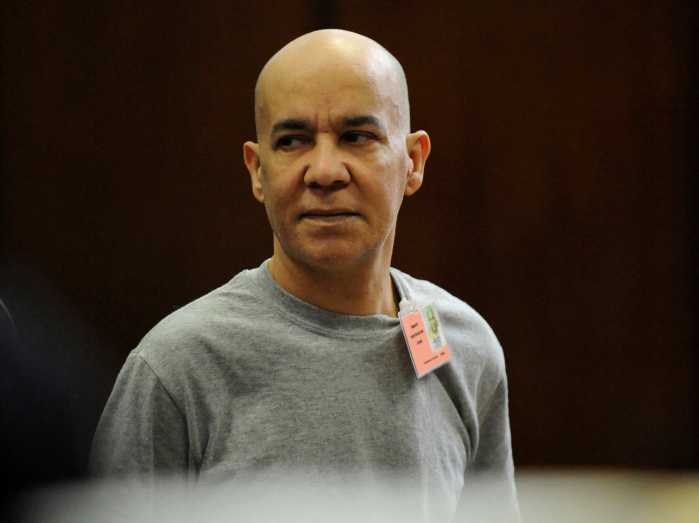He was the Boss.
The grandson of the first black person to hold public office in Brooklyn wants to ensure that his grandfather’s legacy is not forgotten. The author of “Boss of Black Brooklyn: The Life and Times of Bertram L. Baker,” who will read from his book at Greenlight Bookstore in Prospect Lefferts Gardens on Oct. 30, wants to remind people about his elder’s importance to black Brooklynites before it is too late.
“After he died people would say, ‘Oh, your grandpa was Bertram Baker?’ and if they were in their 80s, they’d say ‘I knew him,’ ” said Ron Howell, a professor at Brooklyn College. “But as the years go by, I heard that less and less, and he was sort of forgotten and unknown, and I had this feeling within me to find out more about him and share it.”
Bertram L. Baker was born on the Caribbean island of Nevis in 1898 and came to the States in 1915. He founded the United Action Democratic Association club, and became the first black politician to represent Brooklyn in the state Assembly in 1948. As an immigrant in the rapidly growing city, Baker helped redefine the Democratic party during a time when most native black Americans associated the party with slavery, and he created a new political power base in the borough.
“When people started looking to Brooklyn — and a lot of black people were coming, especially from the South — that’s really what turned Bertram Baker into the powerhouse that he was,” said Howell. “He was able to unite the Caribbean immigrants from early 1900s with black people who were from South, and build a political club.”
Caribbean immigrants had no history with American political parties, which allowed them to gain influence in ways that black Americans would never attempt, he said.
“The Democratic Party was just a democratic party to them, and they came and what they saw was who had the power at the time,” he said.
Baker was a force in attracting both people and jobs to the borough, and the book explains how he used his power to help black lawyers and other aspiring political movers-and-shakers to get their head start.
Howell says the message within the book is to appreciate the pioneers who came before, and to provide some perspective on how much black Brooklyn has changed over the years.
“We should have great respect for our ancestors and those who paved the way and made life more bearable, and develop a necessary love within you to make yourself understand that you have to take that and pass it along,” he said. “Black Brooklyn is not what was and I guess that also stands out — because the setting and focus of the book is vanishing before our eyes and you have to wonder what it’s going look like in 10 to 20 years.”
“Boss of Black Brooklyn” at Greenlight Bookstore [632 Flatbush Ave. between Chester and Westbury courts in Prospect Lefferts Gardens, (718) 246–0200, www.green























